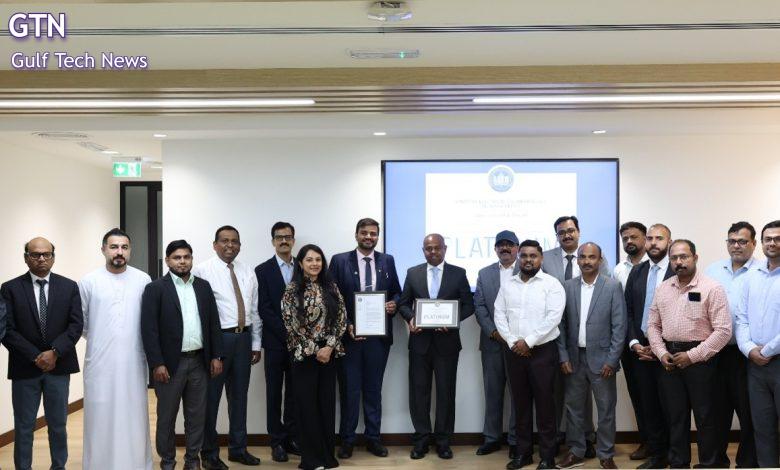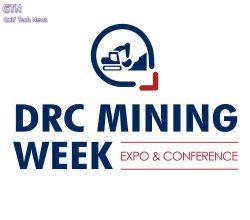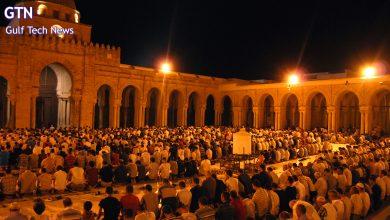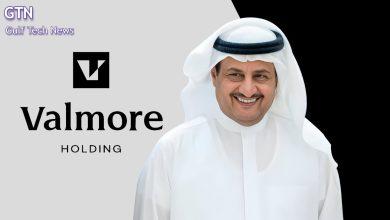LEED Platinum Certification Places Emirates Electrical Engineering’s Al Waha Headquarters Among UAE’s Elite Green Buildings

Only 141* buildings in the UAE have achieved Platinum status, the highest level of recognition under the global Leadership in Energy and Environmental Design (LEED) program.
Emirates Electrical Engineering (EEE), a member of Al Rostamani Group, founded by Abdulla Hassan Al Rostamani in the early 1950s and a key contributor to the UAE’s power infrastructure, has been awarded the LEED Platinum Certification (LEED v4 ID+C Platinum) for the sustainable design of its new, energy-efficient headquarters at Al Waha Complex, placing it among a select group of LEED Platinum-certified buildings in the UAE, including landmarks such as the Burj Khalifa and Mall of the Emirates.
The new headquarters serves as a live demonstration of EEE’s in-house capabilities in delivering integrated sustainable energy solutions. By completing all design, engineering, and implementation internally, EEE has set a practical example for other businesses looking to reduce their energy footprint. The company now aims to extend these services to clients seeking to enhance operational efficiency and align with the UAE’s Green Agenda 2030 and Net Zero by 2050 objectives.
Industry Leadership and Global Standards
LEED is the world’s most widely used green building rating system, distinguished by its rigorous benchmarks in energy efficiency, water conservation, and indoor environmental quality. There are 713** LEED-certified buildings across the UAE at various levels, with a growing number of applications driven by the country’s sustainability goals, regulatory frameworks, and market demand.
Al Waha Complex stood out during the LEED Platinum certification process for its zero-waste transition and exceptional performance in the Energy and Atmosphere category, earning the full 36 points, which is a rare achievement for a retrofitted building.
Key features include:
- High-performance energy- and water-efficient systems
- On-site solar power generation and smart grid integration
- Use of sustainable materials and landfill waste diversion
- Enhanced indoor air quality and infrastructure for green commuting
Prabash Manthara, General Manager of Emirates Electrical Engineering, stated:
“Our office integrates cutting-edge energy-saving technologies and on-site solar power generation, demonstrating the tangible benefits of sustainable design—from cost savings to healthier workplaces as well as contributing surplus energy to DEWA’s Smart Grid. This achievement exemplifies our role in advancing the UAE’s energy transition and inspires industry-wide adoption of green practices”
“Achieving the LEED Platinum Certification positions EEE as a leader in green building practices, potentially attracting environmentally conscious clients and partners. Moreover, our commitment to sustainable operations can have a ripple effect on the community by promoting eco-friendly initiatives and contributing to a cleaner, greener future for all.”
Ms. Deepthy K B, Senior Director, GBCI MENA, commented:
“The LEED Platinum certification of Al Waha office demonstrates the commitment of Emirates Electrical Engineering & Al Rostamani Group towards achieving the highest level of recognition in green building design and construction. This achievement further strengthens their organizational vision towards creating healthy and equitable workspaces for their employees and stakeholders through actionable net-zero and climate action targets. It is an honour to recognize this project during the 25th anniversary of LEED.”
The adoption of internationally recognised standards such as LEED plays a critical role in advancing the UAE’s Green Agenda 2030, particularly in clean energy, carbon reduction, and sustainable infrastructure. Projects like Al Waha Office demonstrate how technical capability and in-house delivery can support measurable, scalable progress in sustainable development.
As more companies align with these frameworks, the collective impact will help accelerate national progress toward Net Zero by 2050 and reinforce the region’s leadership in sustainable development.




